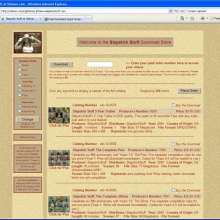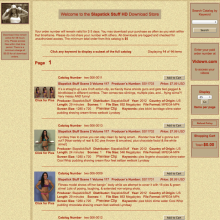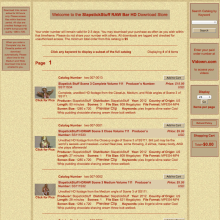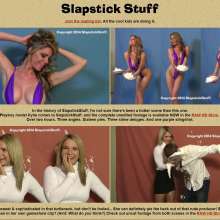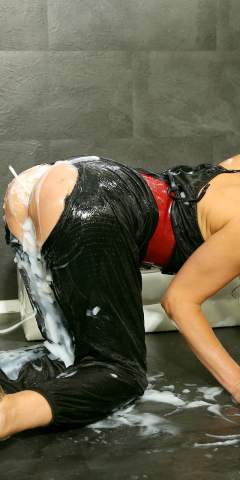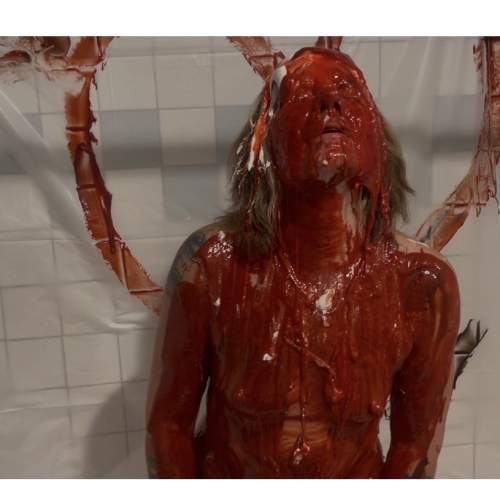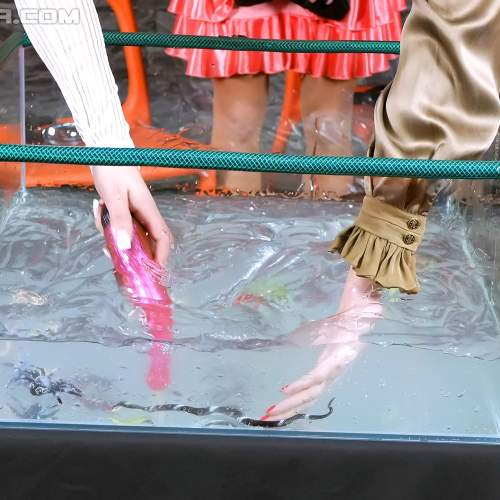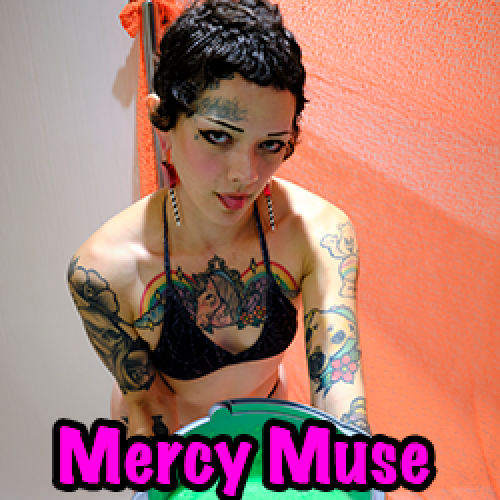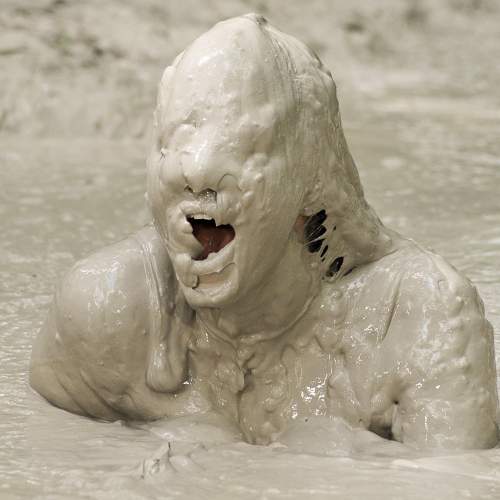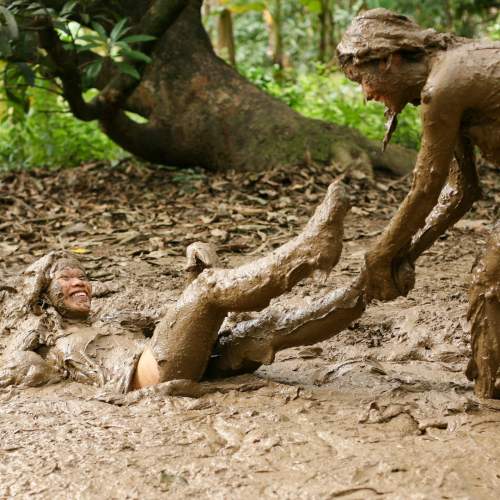|
|
|||
| forums: groups: | |||
|
"Three little words"
8 posts 1608 views
...No, not *those*...
'I don't know'
It seems that those have had a huge influence on a lot of American WAM fans. As a Brit myself, I've never really been exposed to YCDTOTV other than through the online WAM community.
I was wondering, why is it those words hold so much power for so many WAM fans? Is it the unexpectedness of the sliming, or indeed the *predictability* that a sliming was coming, that is the appeal?
I wonder why the programme makers chose those words specifically, or indeed came up with the idea of sliming whoever said them? When you think about it with a "normal" person's head on, why would saying 'I don't know' cause slime to rain on you?
How different would WAM be if they'd used a different phrase, like, er... 'Four cheese pizza', or 'Yes, I can' or even... 'Bea Arthur'...?
'I don't know'
It seems that those have had a huge influence on a lot of American WAM fans. As a Brit myself, I've never really been exposed to YCDTOTV other than through the online WAM community.
I was wondering, why is it those words hold so much power for so many WAM fans? Is it the unexpectedness of the sliming, or indeed the *predictability* that a sliming was coming, that is the appeal?
I wonder why the programme makers chose those words specifically, or indeed came up with the idea of sliming whoever said them? When you think about it with a "normal" person's head on, why would saying 'I don't know' cause slime to rain on you?
How different would WAM be if they'd used a different phrase, like, er... 'Four cheese pizza', or 'Yes, I can' or even... 'Bea Arthur'...?
bartbartbart151 said: Yeah. As strange as it is, saying "I don't know" to trigger the slime is a big part of the WAM experience for me. The phrase itself is really arbitrary, but it was burned into my psyche at an early age.
I think a big piece of the appeal is that the phrase can be mistakenly said in the middle of speaking. Then there is the shock of slime falling and the realization that they just said the wrong thing.
It's a weird thing to mentally lock onto but it's there.
I think a big piece of the appeal is that the phrase can be mistakenly said in the middle of speaking. Then there is the shock of slime falling and the realization that they just said the wrong thing.
It's a weird thing to mentally lock onto but it's there.
Exactly
If I was shooting a slime scene I'd never use IDK. I'd have the girl say skip donna walla walla oink oink zapp!
Oh Janet! You look so funny!!!
My guess is that someone might say, "I don't know" under ordinary circumstances, so it was easy to trick one of the characters into saying it. There was suspense involved, because as the show continued, you knew someone would get tricked into saying it and then getting slimed. One of the best instances was when a guest star got slimed - he had no idea it was coming!
The first version of the series ("Whatever Turns You On") used the catchphrase "But don't blame me!" to trigger the gunge. You can catch some of the episodes on YouTube - search "whatever turns you on 1979" to start. Again, who knows why they used that phrase, but the rest is history.
HappyCamper said: If I was shooting a slime scene I'd never use IDK. I'd have the girl say skip donna walla walla oink oink zapp!
Yeah, but once you saw the difference in sales you'd change your mind.
Sponsors
To avoid content being blocked due to your local laws, please verify your age ?
Sponsors

Design & Code ©1998-2026 Loverbuns, LLC 18 U.S.C. 2257 Record-Keeping Requirements Compliance Statement
Epoch Billing Support Log In





 Love you, too
Love you, too
